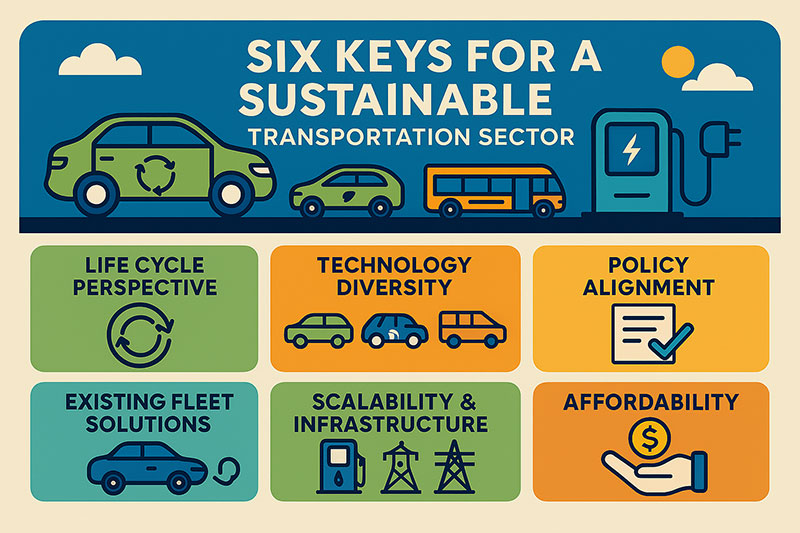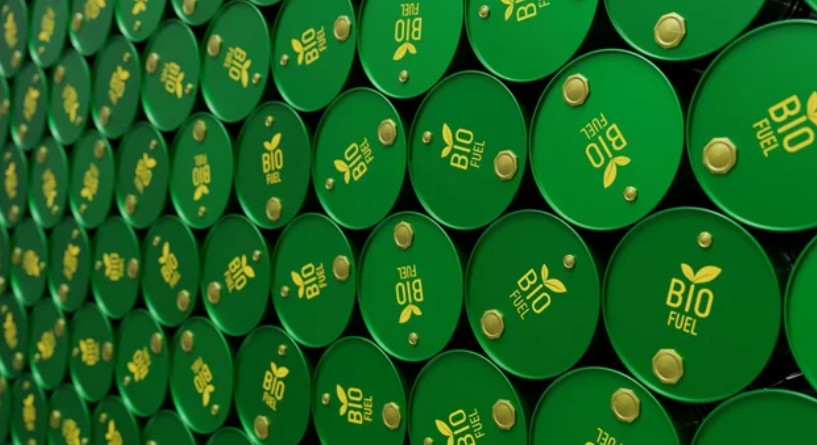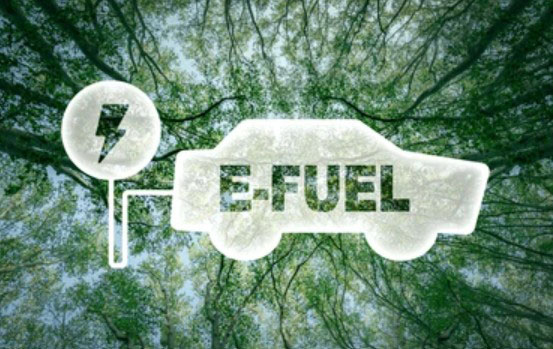May 25, 2017
DENVER, Co. – A proposal that focused on incorporating liquefied natural gas into the U.S. transition to autonomous vehicles by students from the Georgetown University took top honors at the 2017 Transportation Energy Institute Case Competition, which took place at the Institute’s Annual Meeting in Denver, Colorado.
The Case Competition’s theme, “Introducing a New Transportation Energy System,” asked each student team to establish a plan for introducing a new fuel (non-specific source of energy) and light-duty vehicle configuration into the market by leveraging historic experience and demonstrating the return on investment for fuel producers, vehicle manufacturers, fuel retailers and consumers. Students were asked to develop a market strategy that could enable an alternative fuel and vehicle to enter the market and satisfy consumers in the most efficient, cost effective manner. The Case Competition, now its third year, was sponsored by Flint Hills Resources, Mansfield Energy, Nissan, Phillips 66 and Tesoro Corporation.
Georgetown students Corey Curnutte, Mary Fay and Jesse Spodak outlined how their model would rely on liquefied natural gas (LNG) to power fleets of autonomous, light-duty vehicles for shared use in urban areas. They cited several advantages that LNG can provide over other fuel sources, including low and stable prices, energy density, and an already developed infrastructure within the United States. These advantages would best be leveraged by ride-sharing fleets of vehicles using autonomous technology. They concluded that among other fueling options for an autonomous fleet, LNG is the optimum choice for this growing, dynamic segment of the market.
The three finalists, Georgetown University, University of Utah and Clemson University, were chosen from 12 teams of three or more students from nine schools that registered for the competition. The finalists were flown out to Denver to present their cases and field Q&A from more than 100 professionals in the fuels and vehicle and transportation industries, who then selected the top model. Georgetown University students received $5,000; University of Utah students received $2,500 for their integrating bio-DME as a long-term fuel source model; and Clemson University students received $1,000 for their dynamic wireless charging model.
All participants from the three finalists teams were given an opportunity to interview for internships with the Transportation Energy Institute, Phillips 66 and Tesoro Corporation, and the three finalists and runner-up teams will have their final submissions published by the Transportation Energy Institute.
“The three universities did a tremendous job,” said John Eichberger, Executive Director of the Transportation Energy Institute. “I was incredibly impressed by the poise of these student teams. They were tasked with answering market transition questions that industry professionals have been struggling to answer for years, and they all provided some fresh insight that can help move these other projects forward. It is refreshing to see young, emerging professionals tackle some of the most pressing challenges facing the market today.”
In addition to the student case competition, the Transportation Energy Institute, founded by NACS in 2013, commissions and publishes comprehensive, fact-based research projects that address the issues identified by the affected stakeholders. These projects will help to inform both business owners considering long-term investment decisions and policymakers considering legislation and regulations affecting the market.




